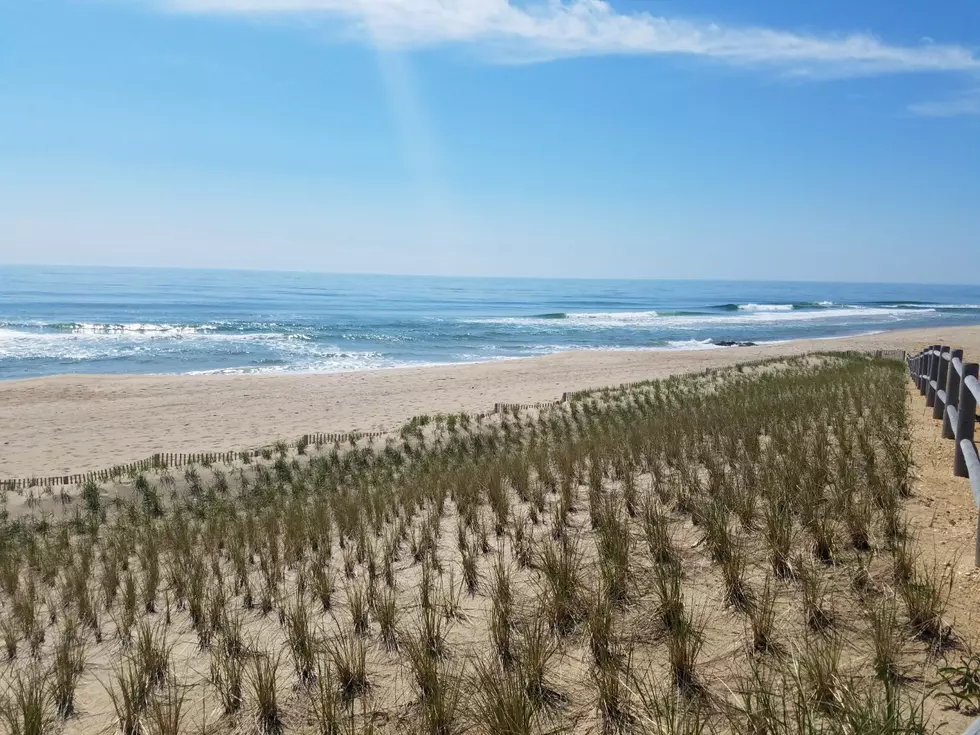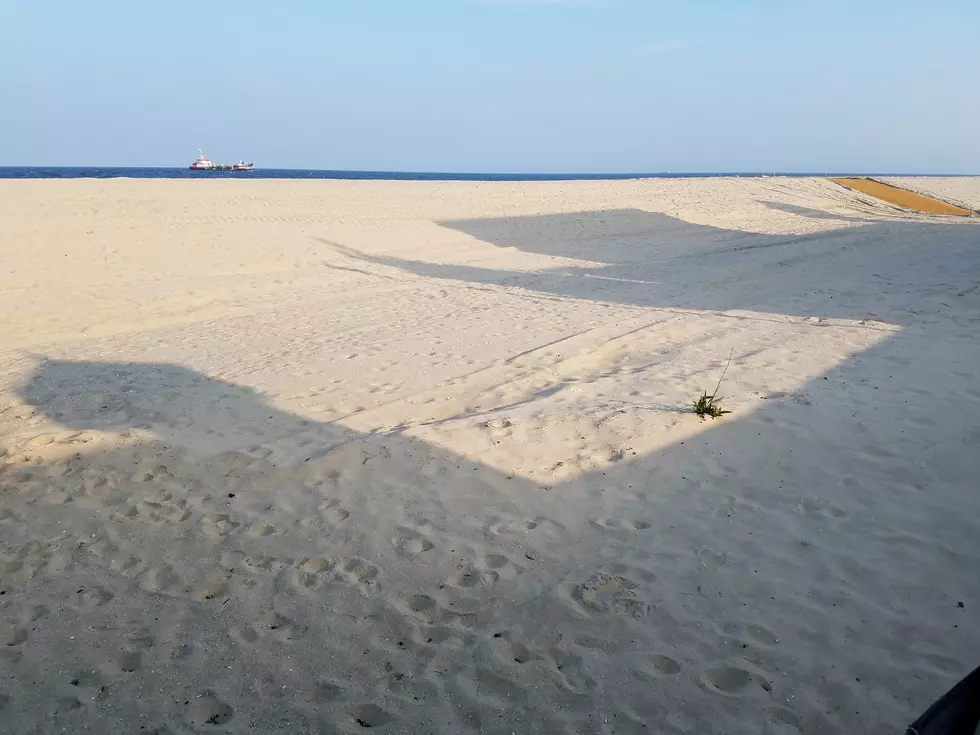
What Happens to our Ocean, Sand, and Sea Creatures in Winter?
Here's how the ocean protects the beach in winter, and where all the sea creatures go!
Here are some really 'cool' facts from the NJ Sea Grant Consortium:
-- Saltwater CAN freeze, but because it contains salt, it freezes at even lower temperatures than fresh water (28 vs. 32 degrees.) Plus, the ocean is vast and always in motion. This makes it quite unlikely that the ocean in our area could ever freeze.
-- Animals that can swim, like fish, move off-shore to deeper water in cold weather, because even if the surface of the water is freezing or frozen (like on a lake or river) the water below stays liquid and warm enough. In the deep ocean, the water is extra salty and under great pressure, making it even less likely to freeze. Plus, Earth's internal heat warms the water.
-- Clams, oysters, mussels, and snails can't swim away, so they spend the winter hunkered down in the mud or clustered together under reefs or rocks. They are cold-blooded so their body temperature is the same as the water, which helps, and they hardly move or eat much in the winter. In fact, if you love to eat shellfish you should love winter because all of these delectable bivalves will be at their peak of quality if you can get to them!
-- How about the beach itself? The ocean has a pretty cool way of protecting the beach as well as the mainland. In winter, prevailing winds shift and waves become higher and more frequent. These winter waves pick up sand from the beach and move it offshore to form sandbars that buffer the beach from storm erosion because they cause waves to break further offshore.
Many times, a cliff or steep drop will also develop near the water's edge. This further protects the beach and the mainland from the force of winter storms. If you do go to the beach in the winter, don't be alarmed if the beach looks smaller, because the winds will shift again when late-spring comes around. This makes for lower, gentler waves that bring the sand that was stored all winter offshore back onto the beach, widening it just in time for us to return to the shore to begin another summer.
-- The dunes: Even in winter, stay off the dunes. Those plants that were green and swaying in the breeze are simply dormant in winter, not dead. Their roots remain alive and hold the dune together. This prevents erosion, protects the mainland, and preserves the beach for the following summer.
More From 94.3 The Point









